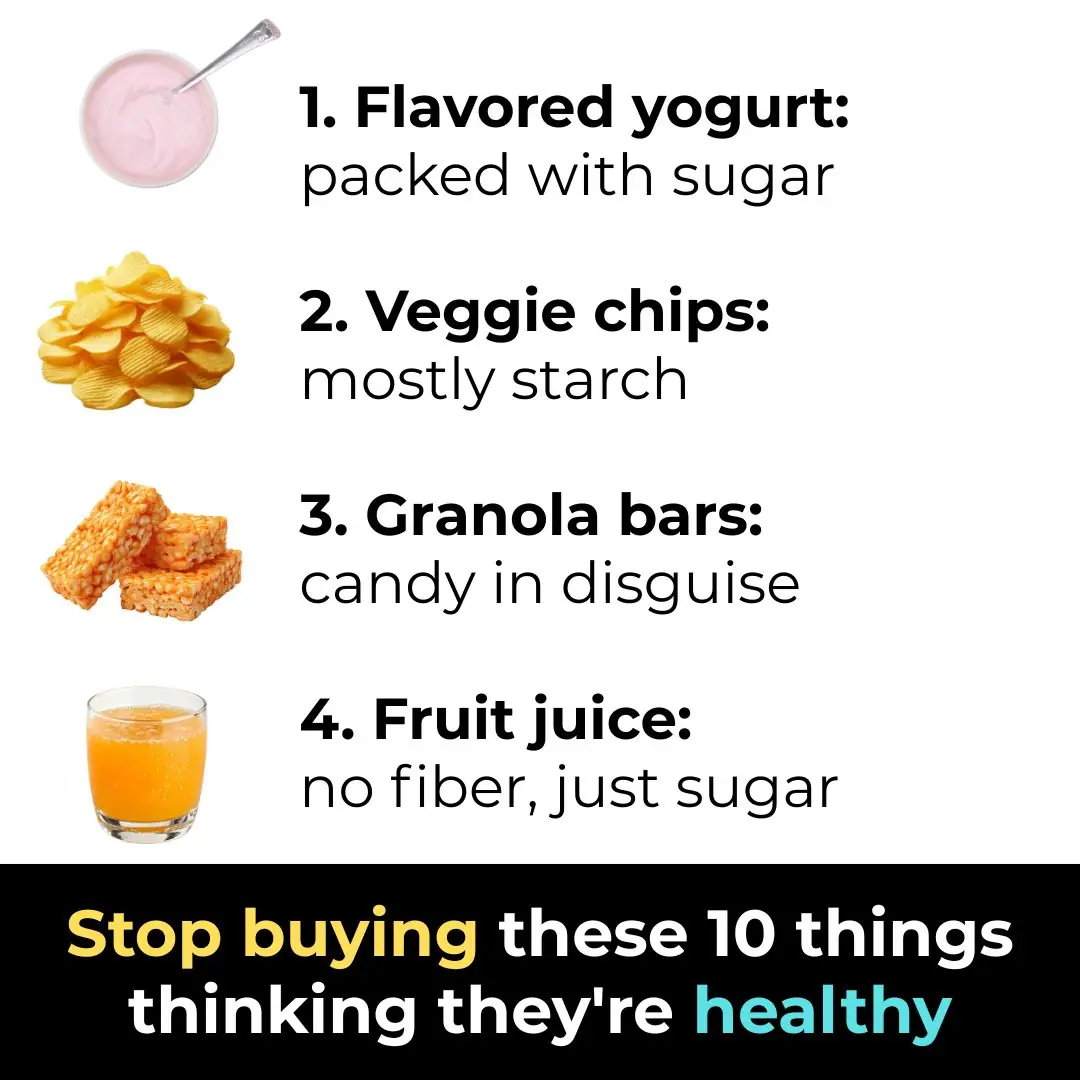
Stop using these 10 things wrong
In our daily routines, we often develop habits and practices that seem convenient or efficient, but they may actually be harmful, counterproductive, or even unsafe. From the kitchen to the bathroom and laundry room, the way we use everyday items can affect our health, the longevity of our belongings, and the environment. By carefully reassessing these habits, we can make small changes that produce significant benefits over time.
In this article, we explore eleven common items and practices that many people use incorrectly. From cooking tools to personal care habits, each section provides actionable advice on proper usage and explains why these adjustments matter. Implementing these tips will not only help your possessions last longer but also promote a healthier lifestyle and a more sustainable environment.
1. Stop Using Metal Utensils on Nonstick Pans
Nonstick pans are popular because they prevent food from sticking, allowing for healthier cooking with less oil. However, using metal utensils can scratch the coating, diminishing its effectiveness and potentially releasing harmful chemicals.
Tip: Use utensils made of silicone, wood, or heat-resistant plastic. These materials are gentle on nonstick surfaces, preserving the pan’s coating and extending its lifespan. Investing in proper utensils is a small cost that pays off in longevity and safer cooking.
2. Avoid Putting Knives in the Dishwasher
Although it’s tempting to throw all dishes into the dishwasher, knives are particularly vulnerable. High heat and harsh detergents can dull blades, damage handles, and even cause rust.
Tip: Hand wash knives with warm water and mild soap, then dry them immediately. Regular maintenance, including occasional sharpening, ensures your knives remain sharp, safe, and effective for years.
3. Use Separate Cutting Boards for Meat and Vegetables
Cross-contamination from raw meat to vegetables can spread dangerous bacteria such as salmonella and E. coli, increasing the risk of foodborne illness.
Tip: Designate separate cutting boards for meat and produce—color-coded boards (red for meat, green for vegetables) make it easy to remember. Sanitize boards regularly with a mild bleach solution or vinegar to maintain safety. This small step can significantly reduce the risk of foodborne diseases.
4. Microwave Sponges to Sanitize, Not Bleach
Sponges harbor bacteria due to their moisture. Microwaving a damp sponge for a minute can kill many germs, but it does not remove embedded dirt or grime. Avoid bleach as it can weaken sponge fibers and leave harmful residues.
Tip: Replace sponges frequently and use vinegar or soapy water for soaking. Rotating sponges regularly is a simple yet effective way to maintain a hygienic kitchen.
5. Don’t Overload Your Washing Machine
Overloading prevents clothes from moving freely, resulting in poor cleaning and additional strain on your machine.
Tip: Fill the machine no more than three-quarters full. This allows proper water and detergent circulation, reduces wear on your machine, and ensures your laundry comes out truly clean.
6. Resist Using Hot Water for Handwashing
Many people assume hot water kills germs more effectively, but studies show that temperature has little impact. Overly hot water can dry out or irritate the skin.
Tip: Use warm or cool water with soap, and wash your hands for at least 20 seconds. This method is gentler on the skin, just as effective against germs, and conserves energy.
7. Never Charge Your Phone Overnight
Leaving your phone plugged in overnight can reduce battery lifespan. Lithium-ion batteries are best maintained by avoiding prolonged periods at full charge.
Tip: Charge your phone during the day and unplug it when it reaches 80–90%. This helps prevent overheating, prolongs battery life, and can improve overall device performance.
8. Avoid Using Cotton Swabs in Your Ears
Cotton swabs often push wax deeper into the ear canal, potentially causing blockages or damage. Earwax protects the ear from dust and bacteria.
Tip: Use ear drops to soften wax or seek professional cleaning if necessary. Cleaning only the outer ear with a damp cloth is usually sufficient. This prevents injury while keeping ears healthy.
9. Stop Overusing Plastic Wrap
Plastic wrap contributes heavily to environmental waste and can leach chemicals into food, particularly in microwaves.
Tip: Switch to reusable alternatives like beeswax wraps, silicone lids, or glass containers. These eco-friendly options reduce waste, lower exposure to toxins, and help keep food fresh for longer periods.
10. Don’t Use Harsh Chemicals on Hardwood Floors
Strong chemicals can strip finishes, leaving floors dull and vulnerable. They can also pose health risks to children and pets.
Tip: Use gentle hardwood cleaners or a mixture of vinegar and water. Sweep and damp-mop with a microfiber cloth regularly. This preserves the floor’s beauty and protects everyone in your home.
11. Avoid Excessive Detergent in Laundry
Using too much detergent leads to residue buildup on clothes and inside your washing machine, making fabrics stiff and reducing machine efficiency.
Tip: Follow the manufacturer’s guidelines and adjust detergent amounts based on load size and water hardness. Correct usage keeps clothes clean, prevents unnecessary waste, and prolongs machine life.
By making these simple yet mindful adjustments, you can protect your belongings, improve your health, and reduce your environmental footprint. Small changes in daily habits add up over time, creating a cleaner, safer, and more sustainable home.
News in the same category


When buying duck eggs, should you choose “white shell” or “green shell”? Sellers reveal a method that only insiders know
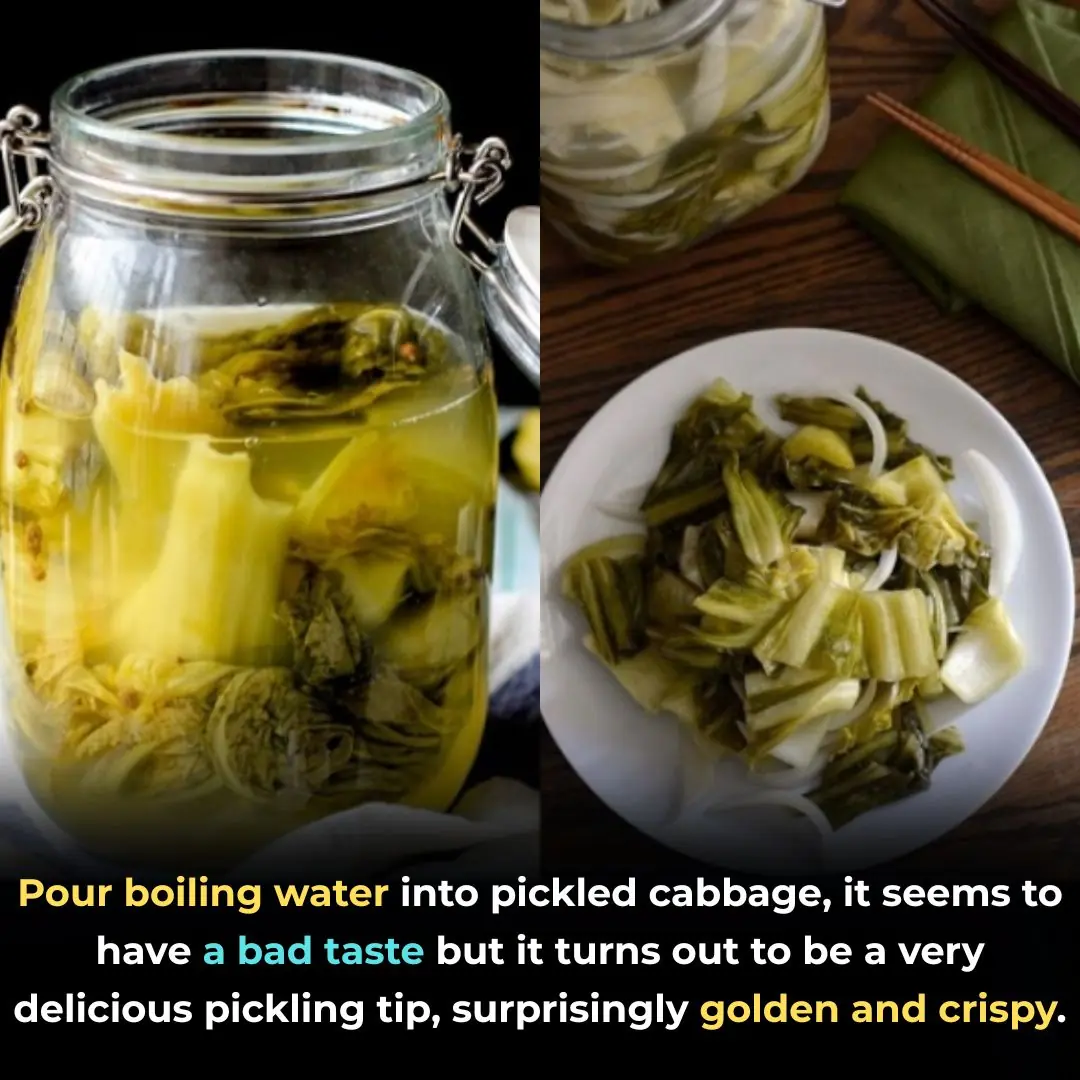
Pour boiling water into pickled cabbage, it seems to have a bad taste but it turns out to be a very delicious pickling tip, surprisingly golden and crispy.
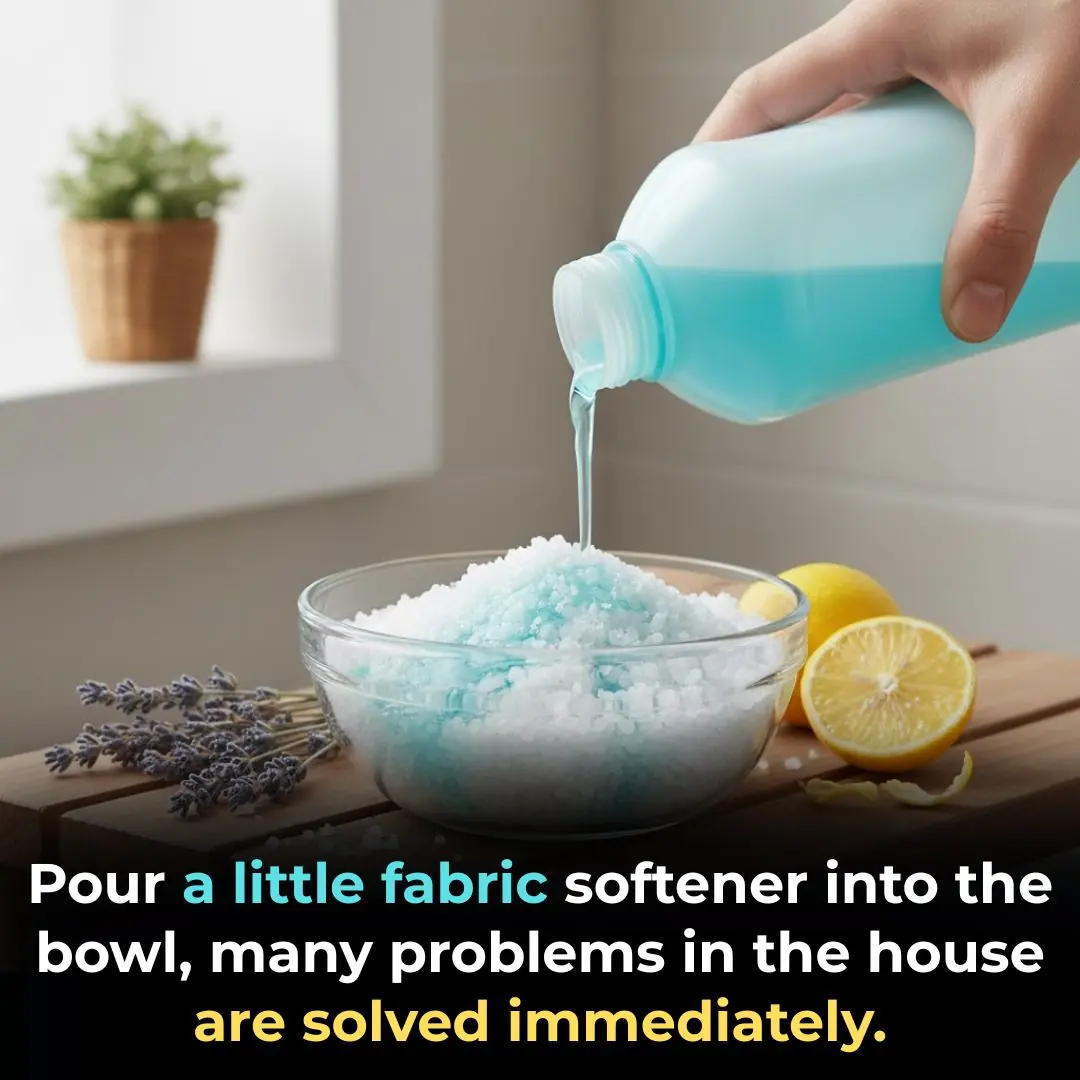
Pour a little fabric softener into the bowl, many problems in the house are solved immediately.

When thawing meat, add a few drops of this mixture for 10 minutes to soften the meat and keep it fresh and delicious.

When arranging roses, don't just use plain water. Add a few drops of this and the flowers will bloom. After 10 days, they will still not be fresh.

Squeeze a few drops of lemon into the eggs before frying them. Unexpected benefits that not everyone knows.

When frying fish, just add this to the pan, a miracle happens, the fish becomes golden and crispy, does not fall apart, and sticks to the pan.

No way, I was so out of the loop here
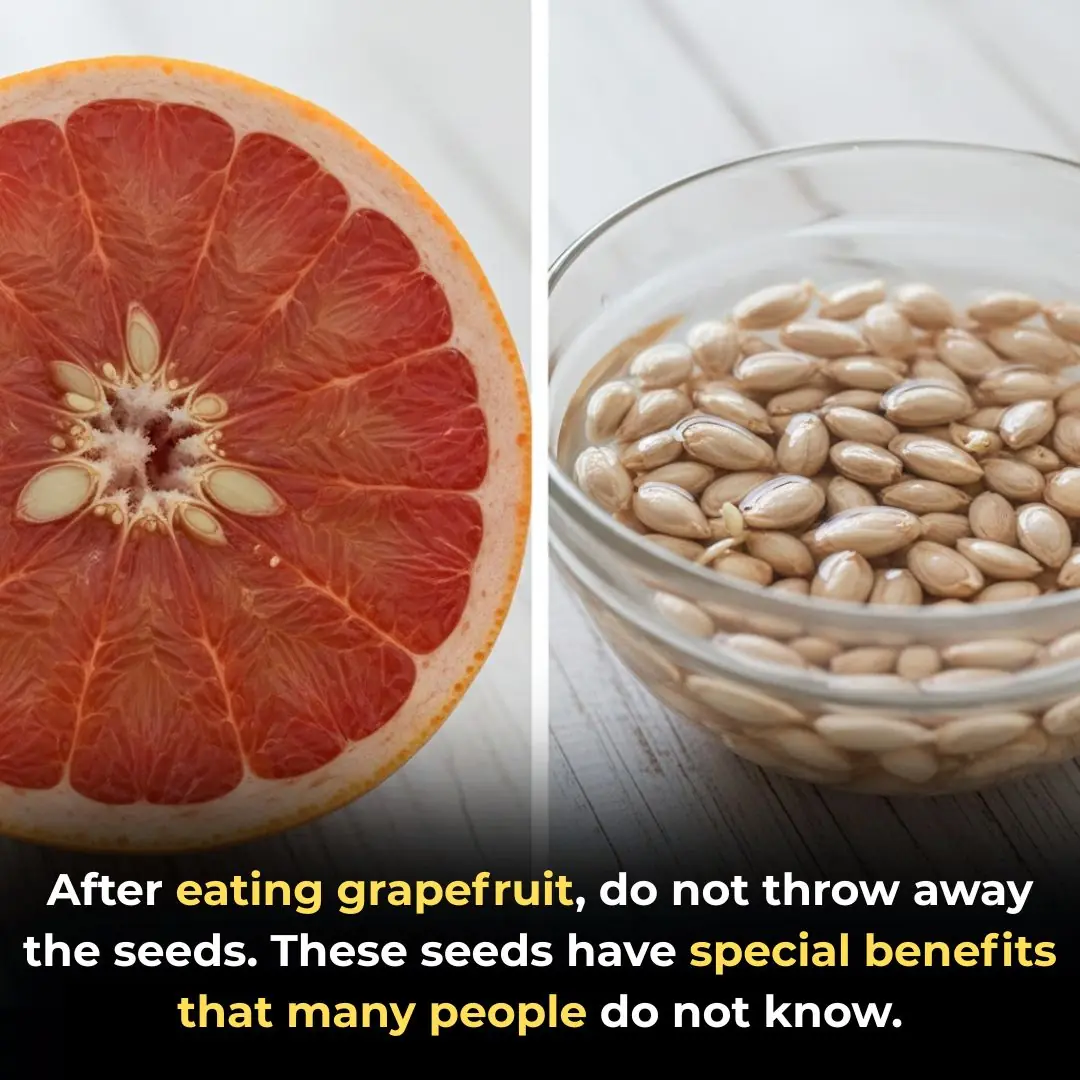
After eating grapefruit, do not throw away the seeds. These seeds have special benefits that many people do not know.

My nana taught me this hack to remove hard water stains in 2 mins with 0 work. Here’s how it works
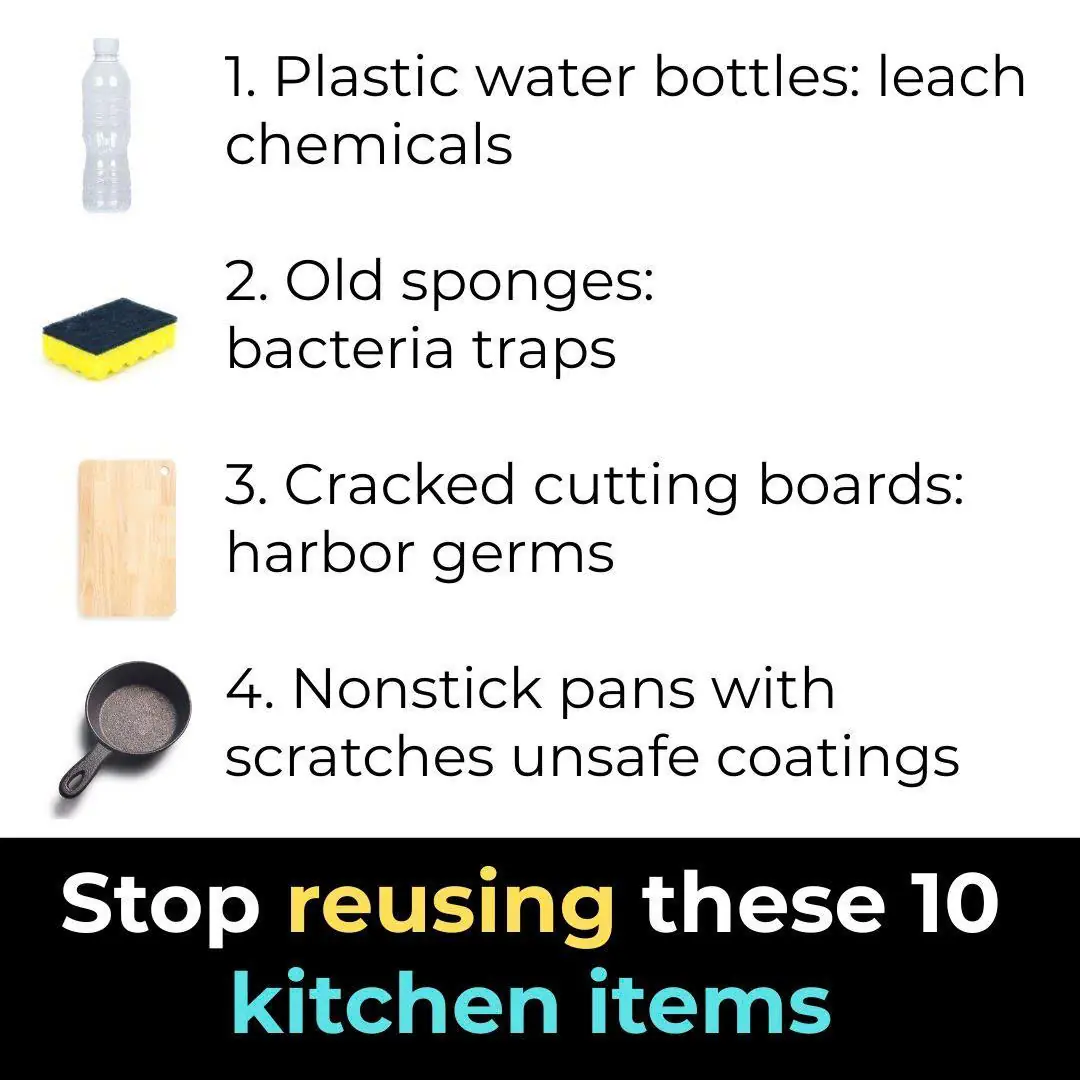
Stop reusing these 10 kitchen items

My nana taught me this hack to shine stainless steel sink in 2 mins with 0 work. Here’s how it works
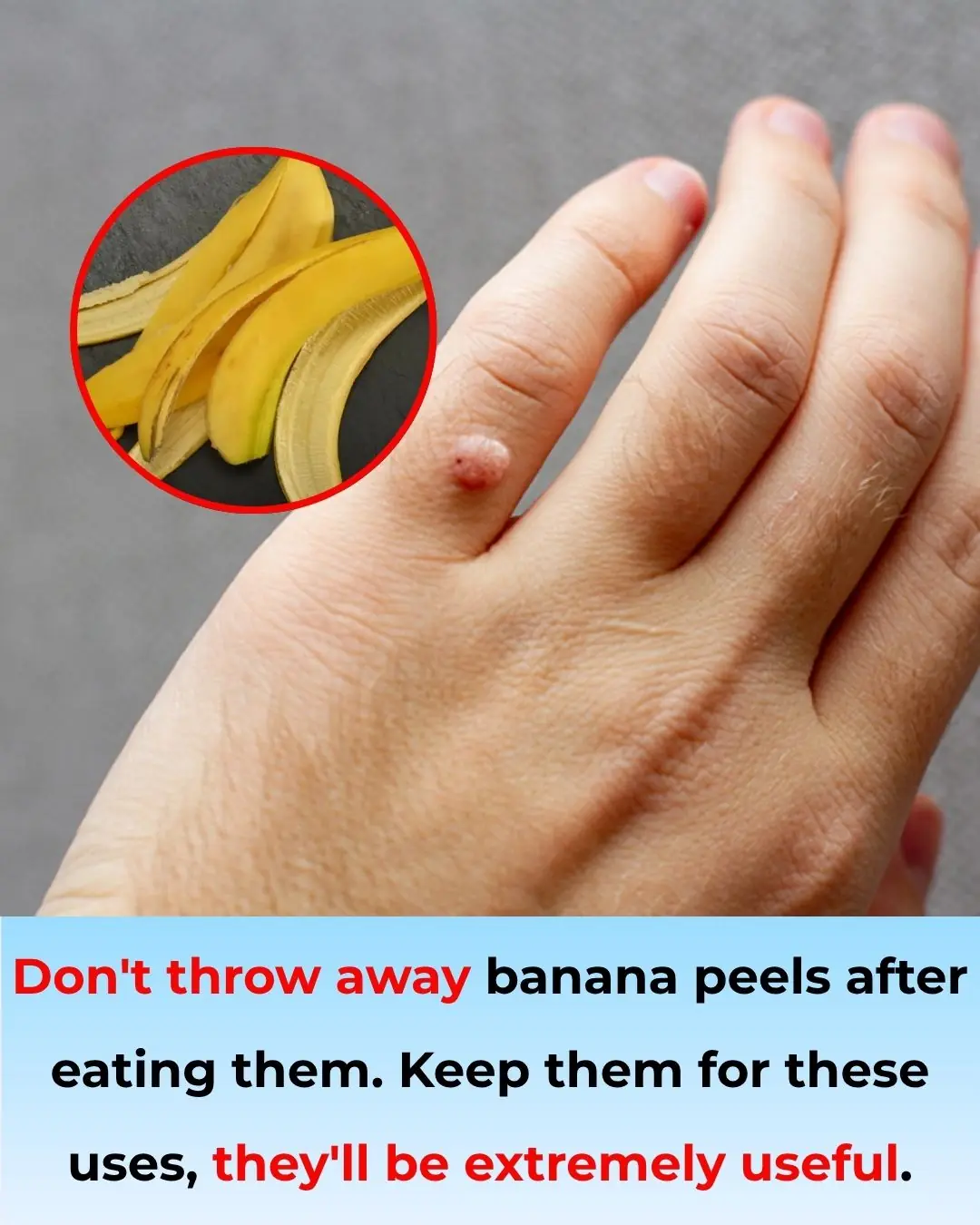
Don’t Throw Away Banana Peels! Keep Them for These Surprisingly Useful Purposes
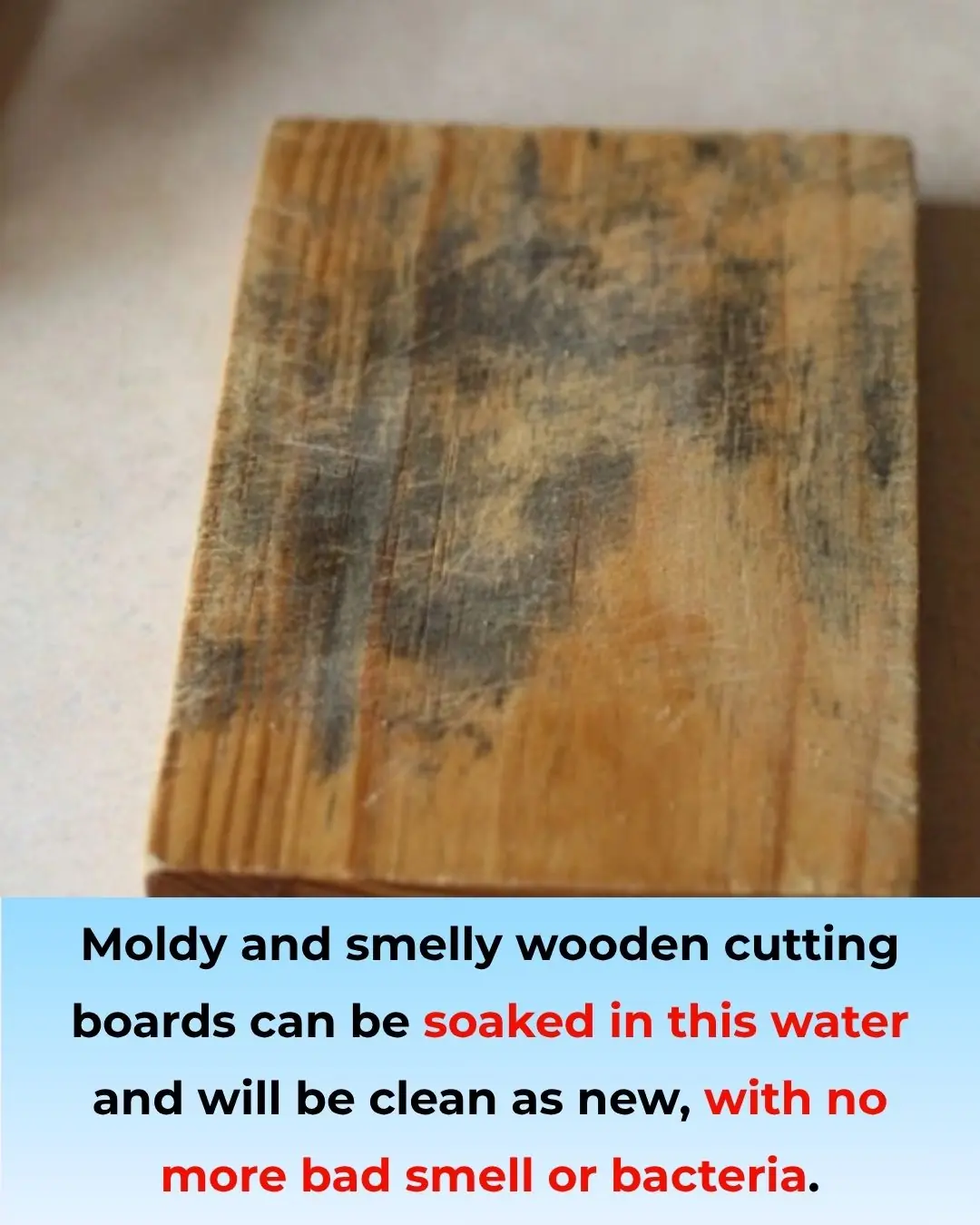
Wooden Cutting Board Mold and Odor? Soak It in This “Solution” and It Will Be Spotless
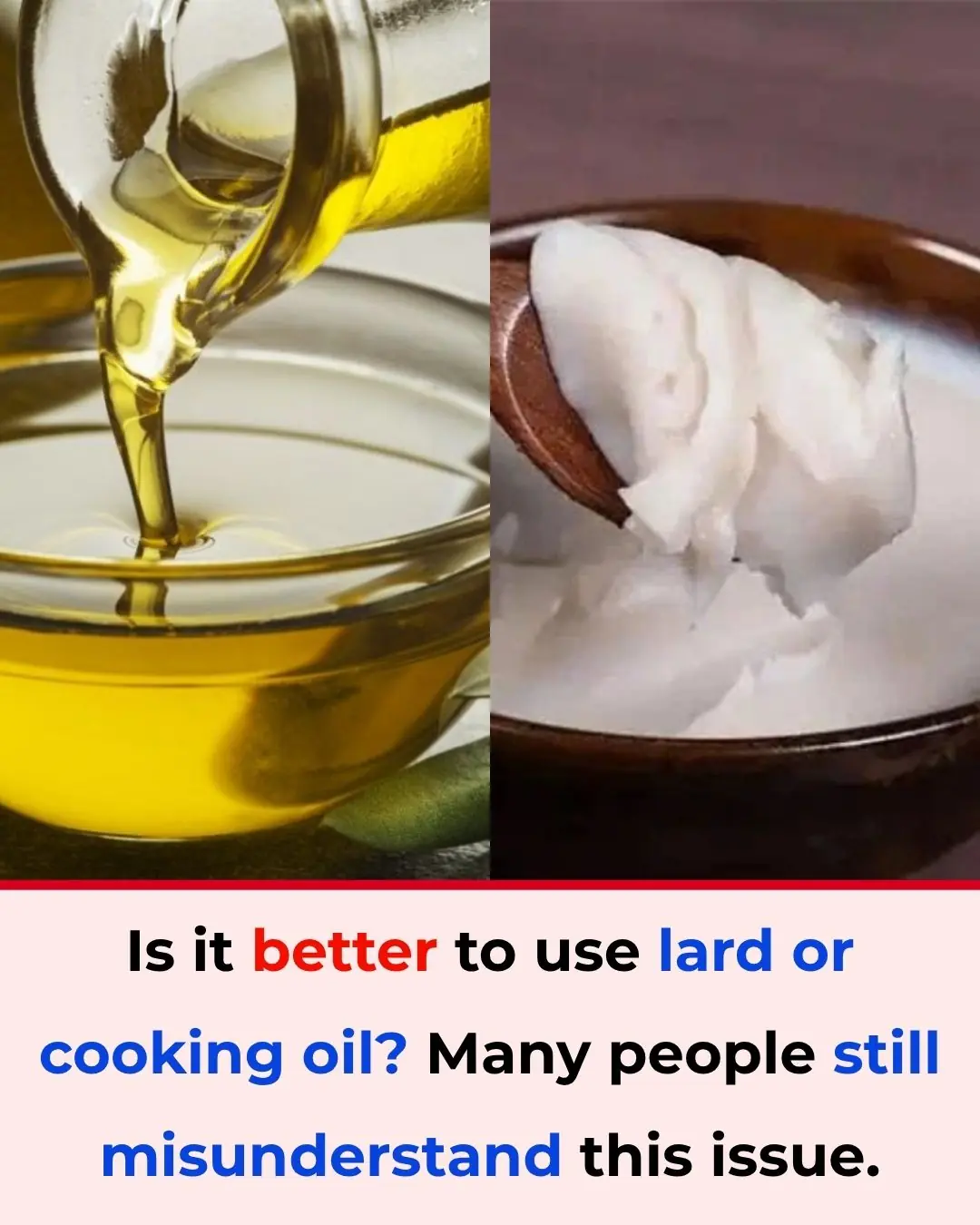
Lard or Vegetable Oil: Which Is Better? Many People Still Misunderstand This Common Cooking Question

Clogged Toilet? Try This Simple Trick and It’ll Flush Smoothly in Just 5 Minutes — No Plumber Needed

Air Conditioner Blows Air but Doesn’t Cool? Try This Simple Fix Before Calling a Technician
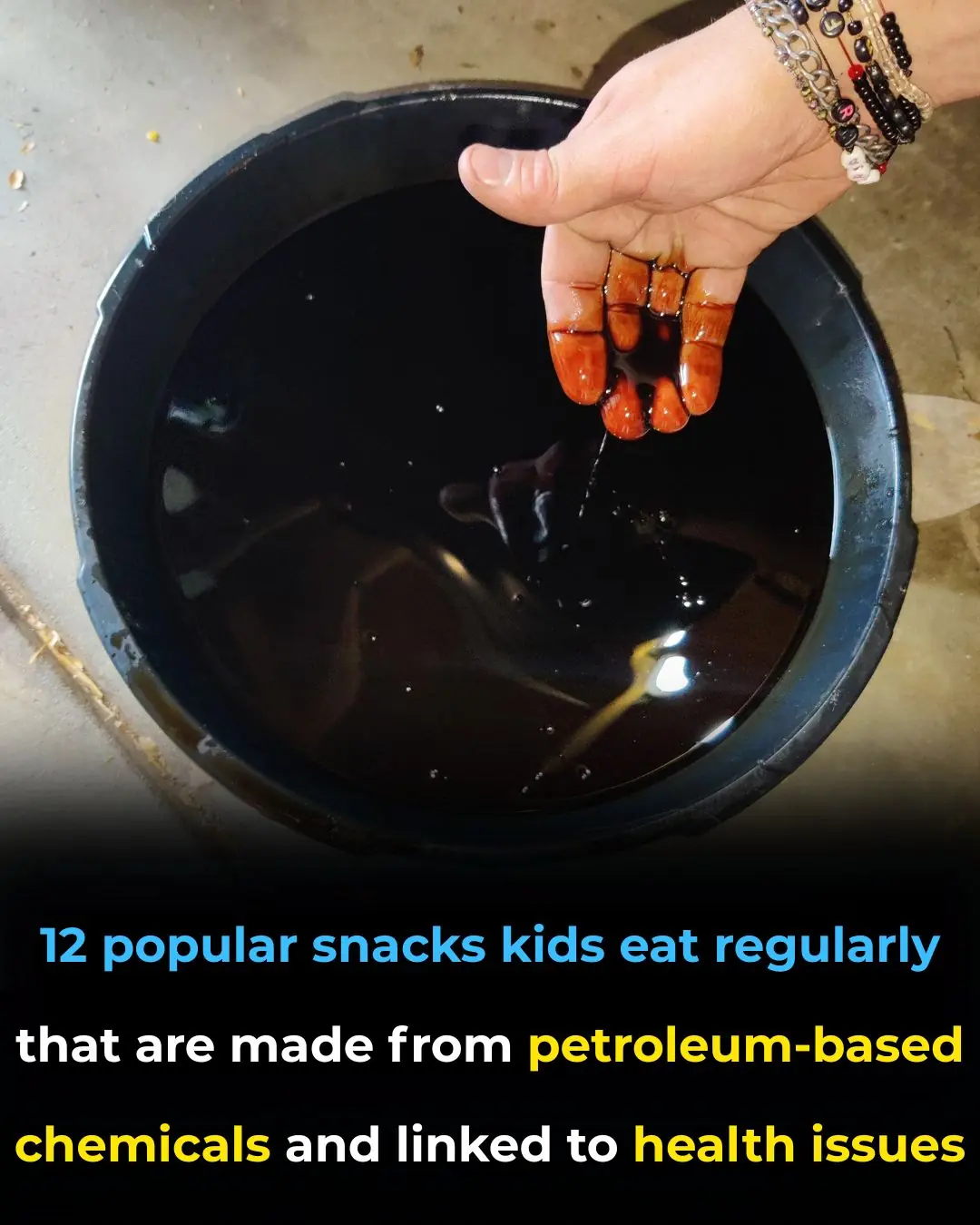
I had no idea about this
News Post

ITV Emmerdale fans gush over 'handsome' Bear actor 26 years before soap fame

Stop buying these 10 things thinking they're healthy

ITV Big Brother housemates suffer brutal blow just hours before live double eviction

Selling Sunset's Nicole addresses brutal Chrishell jab in tense season 9 reunion

Why Cats Leave Home and Don’t Return

Castor Oil After 50: Here’s What Happens After 7 Days of Use! 🌿✨

Why Is It Not Recommended To Hang Out The Clothes Outside

Unlock the Secret Benefits of Olive Oil 🌿✨

Mix One Ingredient With Orange Juice To Flush Toxic Buildup From The Lungs

Nine-Year Study Finally Clarifies the Link Between Sugar and Cancer

When buying duck eggs, should you choose “white shell” or “green shell”? Sellers reveal a method that only insiders know

Pour boiling water into pickled cabbage, it seems to have a bad taste but it turns out to be a very delicious pickling tip, surprisingly golden and crispy.

Pour a little fabric softener into the bowl, many problems in the house are solved immediately.

When thawing meat, add a few drops of this mixture for 10 minutes to soften the meat and keep it fresh and delicious.

When arranging roses, don't just use plain water. Add a few drops of this and the flowers will bloom. After 10 days, they will still not be fresh.

Because what Gideon didn’t realize was…

Everyone has made this mistake. What is the normal bl00d pressure for each age?

Squeeze a few drops of lemon into the eggs before frying them. Unexpected benefits that not everyone knows.
